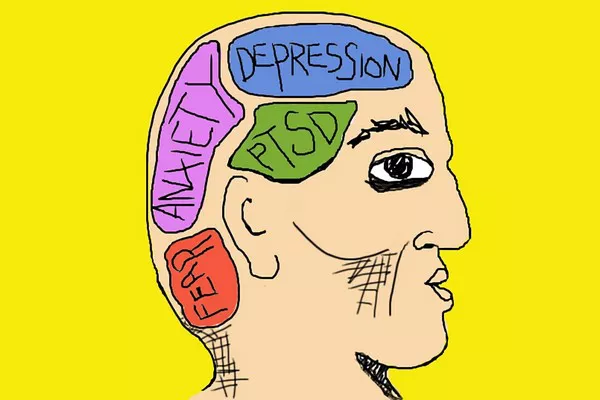In today’s fast-paced world, stress has become an increasingly common part of our lives. While some stress can be motivating and even necessary, chronic or excessive stress can have a detrimental impact on our mental and emotional well-being. Recognizing the emotional signs of stress is crucial for taking proactive steps to manage and mitigate its effects. In this article, we will delve into the five key emotional signs of stress, explore their impact on mental health, and provide strategies for coping and finding balance.
5 Emotional Signs of Stress
1. Persistent Anxiety and Worry
Excessive Worry
One of the hallmark emotional signs of stress is persistent anxiety and worry. Individuals experiencing stress often find themselves ruminating over past events or fearing future outcomes, leading to a sense of constant unease.
Physical Symptoms
Chronic stress can manifest physically, with symptoms like a racing heart, muscle tension, and digestive issues often accompanying anxious thoughts and worry.
2. Irritability and Mood Swings
Short Temper
Stress can make individuals more irritable, resulting in a shorter fuse in day-to-day interactions. Small annoyances may trigger outbursts of anger or frustration.
Mood Fluctuations
Mood swings are common emotional signs of stress. Individuals may experience periods of intense sadness or feelings of hopelessness, followed by sudden shifts to irritability or even euphoria.
3. Overwhelming Sadness or Depression
Lingering Sadness
Chronic stress can lead to persistent feelings of sadness that may develop into clinical depression if left unaddressed.
Loss of Interest
Individuals under significant stress may lose interest in activities they once enjoyed, leading to a sense of emptiness and isolation.
4. Difficulty Concentrating
Cognitive Impairment
Stress can impair cognitive function, making it challenging to concentrate, remember details, or make decisions.
Racing Thoughts
A racing mind filled with worries and concerns can make it difficult to focus on tasks, leading to decreased productivity and increased frustration.
5. Social Withdrawal and Isolation
Avoidance Behavior
Emotionally stressed individuals may avoid social interactions and withdraw from friends and family members, preferring solitude as a coping mechanism.
Loneliness
Social withdrawal can lead to feelings of loneliness, exacerbating emotional stress and perpetuating a cycle of isolation.
The Impact of Chronic Stress on Mental Health
Chronic stress can take a severe toll on mental health. Prolonged exposure to stress hormones like cortisol can lead to conditions such as anxiety disorders, depression, and even contribute to more severe mental health issues like post-traumatic stress disorder (PTSD).
See Also: What Are the Psychological Effects of Stress?
Managing and Coping with Emotional Stress
1. Mindfulness and Meditation
Practicing mindfulness and meditation techniques can help individuals stay present and reduce racing thoughts, promoting emotional balance.
2. Seek Support
Talking to a therapist or counselor can provide valuable insights and coping strategies for managing emotional stress.
3. Healthy Lifestyle Choices
Regular exercise, a balanced diet, and adequate sleep are essential for mitigating the effects of stress on mental health.
4. Relaxation Techniques
Engaging in relaxation techniques like deep breathing, progressive muscle relaxation, or yoga can reduce physical and emotional tension.
5. Build a Support System
Fostering supportive relationships with friends and family members can provide a strong emotional safety net during times of stress.
Conclusion
In conclusion, understanding the emotional signs of stress is a crucial step in managing its impact on mental health. Persistent anxiety and worry, irritability and mood swings, overwhelming sadness or depression, difficulty concentrating, and social withdrawal are common indicators of stress. Recognizing these signs early and taking proactive steps to address them through mindfulness, seeking support, healthy lifestyle choices, relaxation techniques, and building a support system can lead to improved mental well-being and resilience in the face of life’s challenges. By acknowledging the emotional signs of stress and implementing effective coping strategies, individuals can regain control over their mental health and lead more balanced, fulfilling lives.


